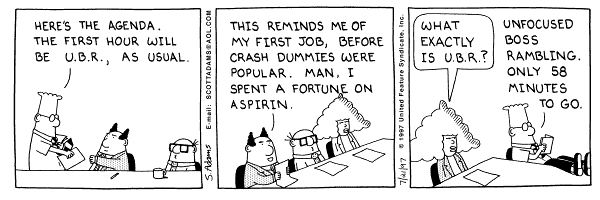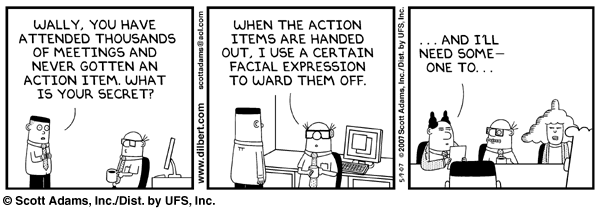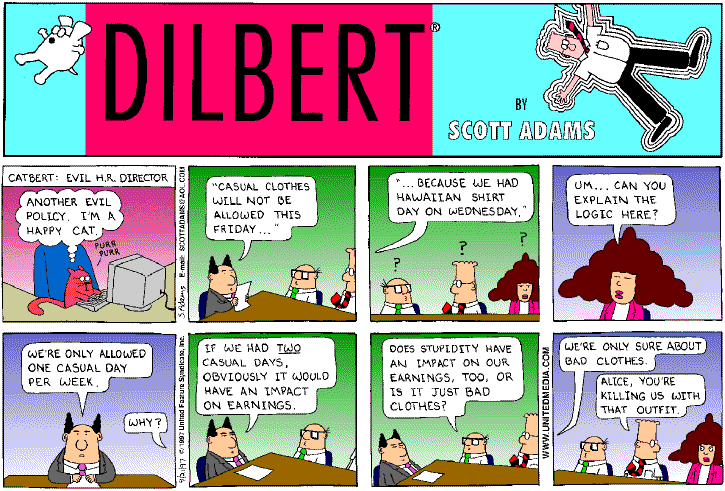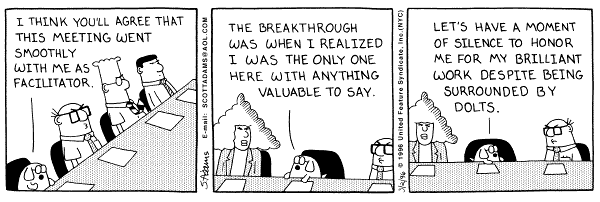“Without health, there is no point. To anything.” Everett Mámor
Health is one of those things in life you value once you lose it. Ill health propels us to value it a lot more for a while, then we lose track of it yet again. We fail to understand that without good health, there is very little we can do. Ill health makes us realize that all the things we take for granted should be the very things we ought to be thankful for, day in and day out. As entrepreneurs we tend to push ourselves harder, as great things can only be achieved by great efforts. During this process one of the things we tend to lose track of is our health. I made that mistake recently and hence dedicated this series to help remind myself of the importance of good health.
Listed below are five factors critical to good health:
1. Sleep: Having sporadic sleep cycles can be most damaging to one’s health. Lack of sleep or inadequate and untimely sleep patterns cause lethargy and lack of concentration. This in turn results in not being able to perform optimally and eventually leads to developing related illnesses due to exhaustion. Developing and having the discipline to stick to a sleeping routine can have a positive impact on your health. To read more about developing better sleeping habits please click here.
2. Exercise: A lot of people feel tired at the mention of the word exercise. The association may be a result of associating all forms of exercise with the tedium of weights , running for miles, monotonous repetition and sweating through it all. Developing a healthy exercise routine however can start from something as simple as having a yoga or stretching routine when you wake up in the morning. It is vitally important to establish some form of exercise into your daily routine. To read more about easy exercise routines that you can adopt please click here.
3. Eating Right: Other than staying off the fatty junk food, there are many simple tips we need to integrate into our daily diet plan. I wrote about ensuring to drink enough water during the day and making sure that a healthy breakfast is how you start your day. These small changes impact greatly on energy and fitness levels. It is not necessary to go on strict diets and give up eating all favorite foods . What is important is that we make the small but important changes which will help us live a healthier life. To read more about eating right please click here.
4. Having Fun: Doing the things you love and enjoy has a deep impact on your health. It helps exude energy and a zest for life which is infectious. We have to stop sacrificing the things that bring joy to us simply to be able to assimilate into the society we live in. If you are not doing what you are supposed to be doing, there is no better time than ‘Now’ to start making the necessary changes. To read more about the importance of having fun please click here.
5. Positive Thinking: Having a positive attitude has a major impact on the quality of life. It has the ability to remind us how fortunate we are for everything we have. It helps us to shift focus from all the things we do not have, to all that we need to be grateful for. This level of inner peace creates an aura of positivity around us, which in turn attracts our wants and desires to help make our life a more fulfilling one. To learn more about the power of positive thinking please click here.
Losing perspective of the truly important factors in our lives is a mistake committed by too many people. We become so lost in the daily humdrum that we lose sight of the bigger picture. Life is way too short to miss out at truly living life to its optimum. It is important that we keep a healthy balance between work and fun in our lives. Only through such a balance can we experience a level of inner peace and help bring perspective to the chaotic lives we lead today.



